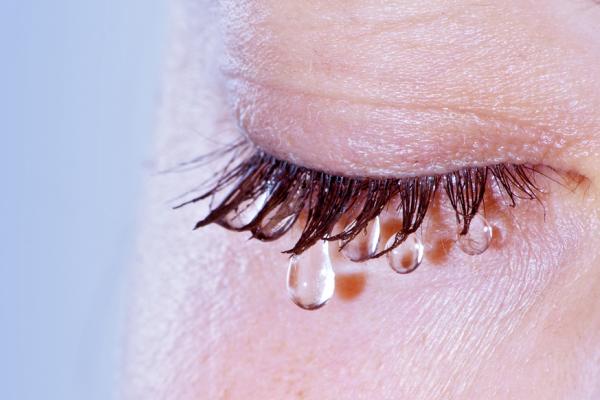But Stewart-Bouley’s and Ajayi’s articles give me insight into my housemate’s response. My story of crying at the Israeli border seemed innocuous to me, a way of laughing at my own emotional frailty, but I can now see how it would seem like a veiled message of my power to my black friend — a power that she doesn’t have. As a white woman, I walk a delicate line between being hurt by misogyny and white supremacy and benefiting from it. When I experience the pain of limitations at work, of being put down and dismissed by male colleagues, professors, and pastors, and of outright sexual harassment and assault (yes, #metoo), it is hard to see the ways in which this same system is also supporting and benefitting me. The very attitude that frustrates and limits me, that women are inferior and need to be protected, also caters to me in ways that it does not cater to black women. And, as Stewart-Bouley points out, that catering can be fatal.
Read the Full Article

